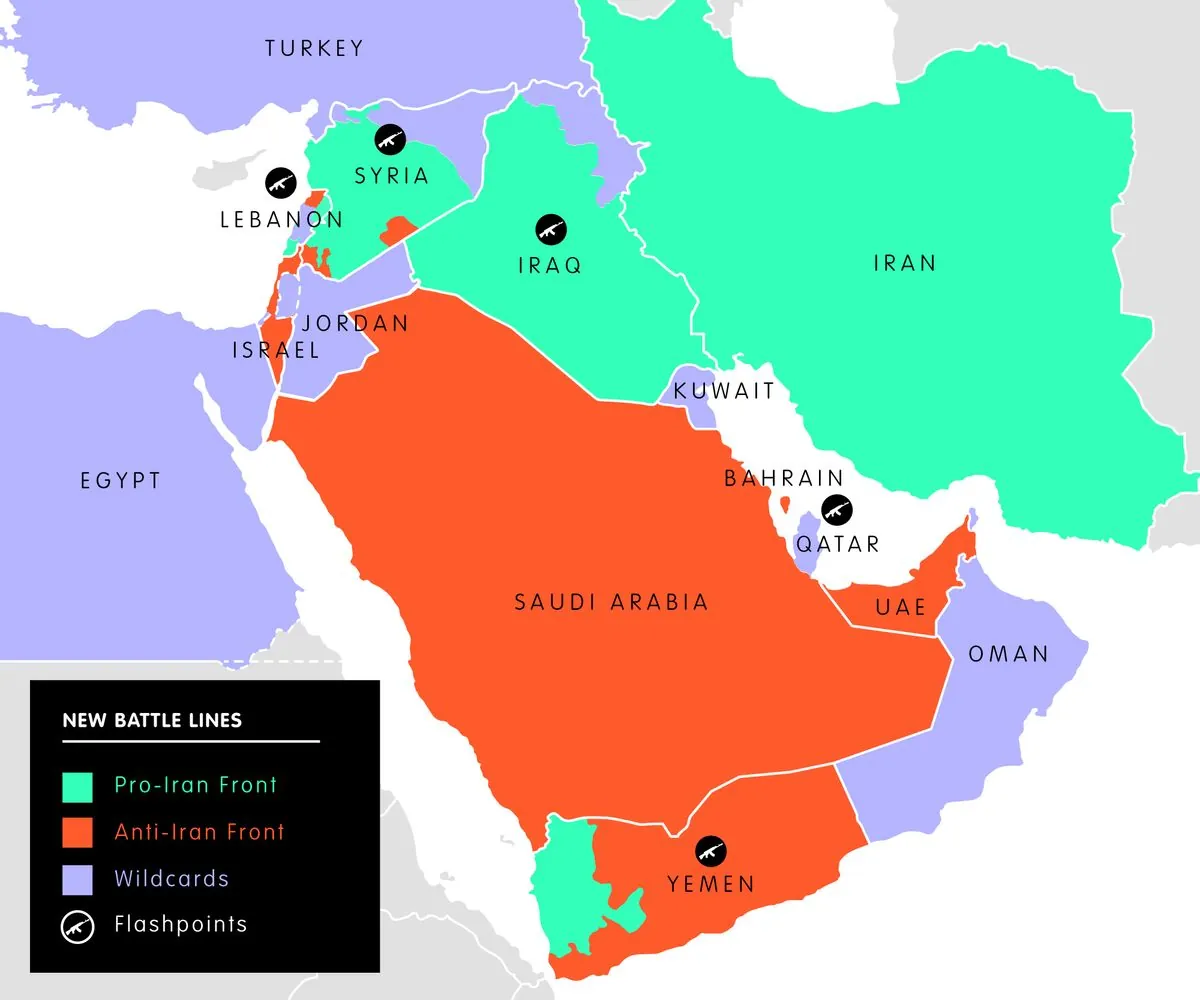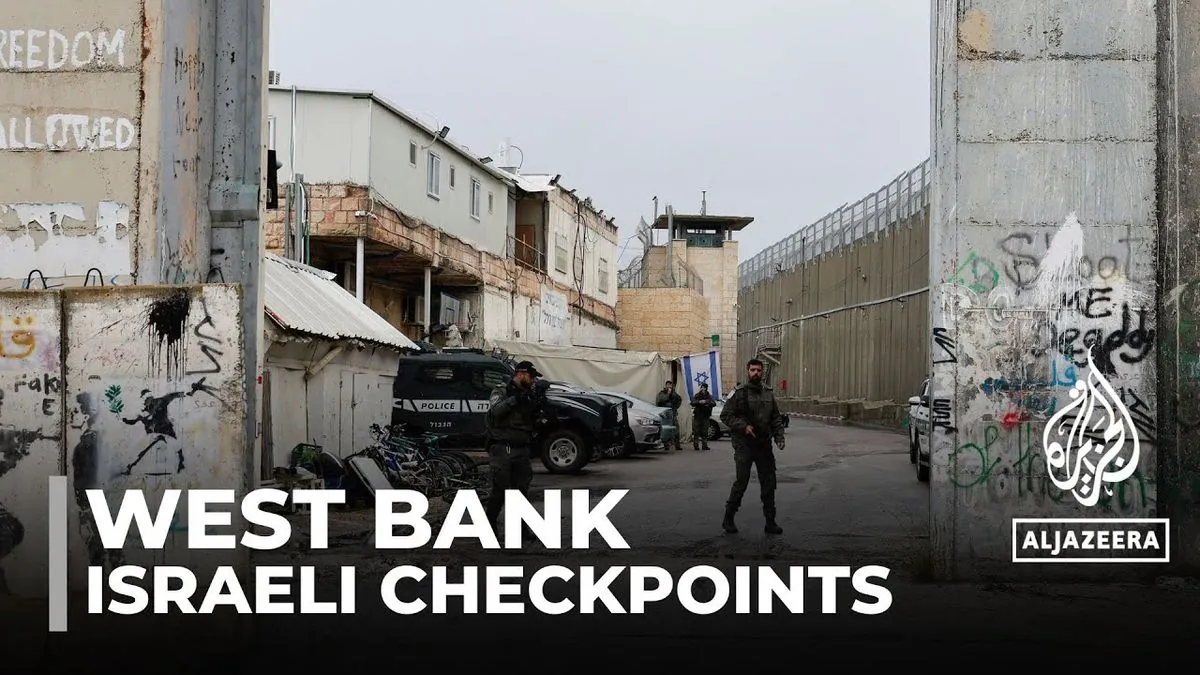Middle East Dynamics: 5 Key Changes Post-Israel-Hamas Conflict
Analysis of potential shifts in Middle East dynamics following a hypothetical Israel-Hamas cease-fire. Explores changes in regional stability, alliances, and governance challenges in Gaza.

The potential cessation of hostilities between Israel and Hamas could bring temporary relief to the region, but it's unlikely to restore the pre-conflict status quo. This article examines five significant changes that may shape the Middle East's future in the aftermath of the ongoing conflict.
- Israel's Heightened Security Posture
In the wake of the October 7, 2023 attack, Israel's approach to security is expected to undergo a substantial shift. The intelligence failure that led to the Hamas incursion has eroded public confidence in the nation's defense capabilities. As a result, future Israeli governments may adopt a more proactive stance against perceived threats, potentially leading to preemptive actions based on limited information.

- The Declining Relevance of the Palestinian Authority
The Palestinian Authority (PA), established in 1994 as part of the Oslo Accords, faces an existential crisis. Already struggling with corruption allegations and perceived ineffectiveness, the PA's influence has further diminished since the recent conflict. Support for Mahmoud Abbas, who has led the PA since 2005, has plummeted to unprecedented lows. The lack of a clear successor to the 88-year-old leader adds to the uncertainty surrounding the PA's future.
- Potential New Alliances in Future Conflicts
The involvement of groups like Hezbollah and the Houthis in the current conflict may set a precedent for future regional dynamics. Hamas might expect support from these allies in future confrontations, complicating Israel's strategic calculations. This potential for multi-front conflicts could increase the risk of regional escalation, even in smaller-scale skirmishes.
- Gaza's Uncertain Governance
The Gaza Strip, one of the world's most densely populated areas, faces an uncertain future in terms of governance. Proposals ranging from PA control to international peacekeeping forces seem unfeasible, leaving a potential power vacuum. This situation could lead to ongoing instability, with Hamas potentially waging a low-level insurgency against Israeli forces and their local allies.
- Shifting U.S. Involvement in the Region
The United States may find itself in a paradoxical position, needing to increase its involvement in the Middle East to enhance stability while facing domestic pressure to reduce its footprint in the region. The complex task of preventing small conflicts from escalating into regional wars requires significant diplomatic efforts and resources, which may be challenging to sustain.
"We will not rest until we have eliminated the threat posed by Hamas and ensured the security of our citizens."
The future of the Middle East remains uncertain, with potential for both renewed conflict and cautious stability. The 2006 Israel-Hezbollah war, which led to an unexpected period of relative calm, serves as a reminder that even devastating conflicts can sometimes pave the way for temporary peace.
As the international community navigates these complex dynamics, it's crucial to remember that the Israeli-Palestinian conflict has persisted for over seven decades. The Abraham Accords of 2020, which normalized relations between Israel and several Arab states, demonstrated the potential for diplomatic breakthroughs. However, the recent conflict underscores the fragility of regional stability and the need for continued engagement and dialogue.
In conclusion, while a cease-fire between Israel and Hamas would be a welcome development, it would not address the underlying issues that have fueled decades of conflict. As the region grapples with these challenges, the international community must remain vigilant and prepared for various scenarios, always striving for a lasting and just peace in the Middle East.


































